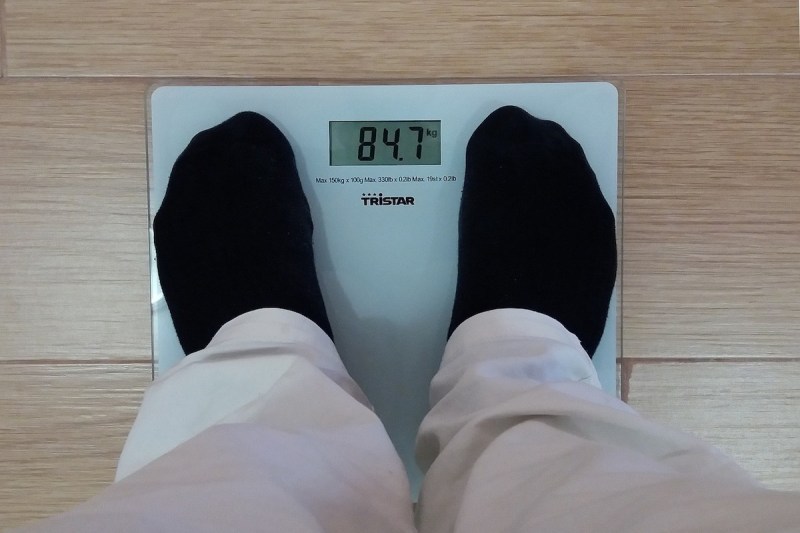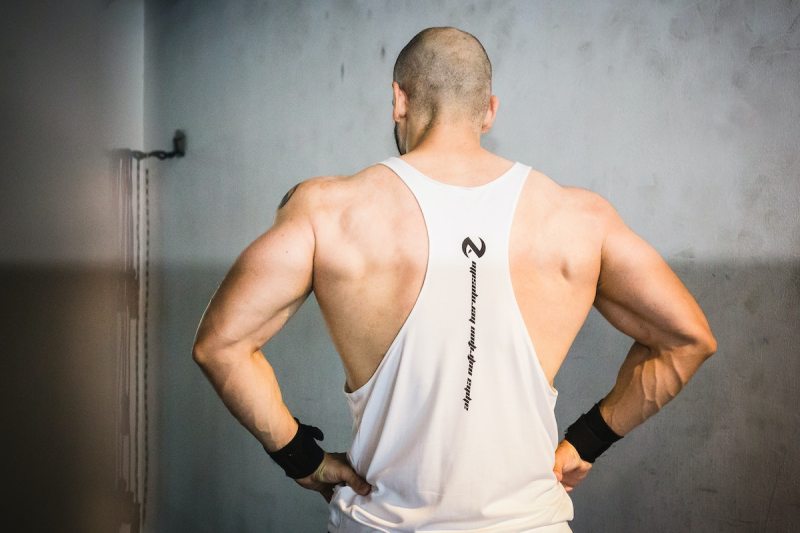
Medical, scientific, or research settings yield the most accurate measures of body fat. However, if staying active and fit is important to you, and you don’t have access to research facilities, you’ll want more achievable ways to measure fat.
Understanding your body fat percentage can help you live a healthier life. Your sex, age, and body type are all critical factors contributing to your overall body fat and your diet and exercise regimen. Too much or too little body fat can lead to different health issues, so a fuller awareness of what’s happening in that area is important.
For example, many people naturally want to avoid obesity and the health problems it brings. However, where is your body fat being stored? That matters, too. Belly fat can lead to a higher risk of heart and circulatory diseases as well as cancer and diabetes, but not all fat is bad.

What is body fat percentage?
Water, protein, fat, and minerals make up the composition of your body. Fat presents itself in two ways — essential fat and stored fat.
Essential fat lives in your bones, liver, kidneys, intestines, and muscles. This is good fat, and your body needs plenty of it to function normally.
Stored fat is found in your adipose tissue and provides energy for your body. It insulates and cushions your organs and is also found under your skin. Too much stored fat can harm your health and lead to chronic diseases and conditions such as heart failure, diabetes, obesity, and fatigue.
Regularly checking your body composition will help you understand how fat and muscle mass fluctuate. Increasing your exercise routine but your weight stays the same helps you see how your internal body composition has changed and possibly improved.

Why should you trust body fat percentage instead of BMI?
To get a basic idea about how your weight can affect your health, many people use their body mass index (BMI). Many doctors believe BMI is a good tool for determining whether someone is underweight or overweight.
Unfortunately, your BMI doesn’t take into account your muscle mass.
Exercise has many benefits and can help you not only lose fat but also gain muscle. Your weight may increase because muscle is denser than fat. So, weighing yourself alone doesn’t tell you the whole story either.
Paying attention to your body fat percentage can help you make better dietary and exercise choices. If the value is higher than it should be, consider seeing your doctor for guidance on how to proceed. Higher or lower than average values can indicate health issues, such as an increased risk of cardiovascular disease.

5 methods for measuring your body fat percentage
Bioelectrical impedance analysis
The rate at which an electrical current travels through your body, or a bioelectrical impedance analysis (BIA), measures your body composition. This is because your adipose tissue, or body fat, causes greater resistance (impedance) than lean mass.
BIA scales can see how your body fat slows the rate at which the current travels. Then, it estimates your body fat percentage using bioelectrical impedance analysis.
Skinfold calipers
Calipers are simple devices that measure the dimensions of an object. Skinfold, or body fat, calipers can accurately measure your body fat percentage to give you a better overall picture of your health.
You measure the thickness of your skin and subcutaneous fat (underneath) within specific points of your body using skinfold calipers. Then, you enter those measurements into a body fat calculator. This allows you to estimate your body fat percentage better.
This is especially true for people with average or above-average amounts of body fat. For men, that’s 15% or 25% and higher for women. If you have a leaner body type, under 15% for men or 25% for women, you may find that body fat calipers underestimate your body fat percentage.
DEXA scan
The Dual X-ray Absorptiometry (DEXA) scan tells you a lot about your body type in a way that’s quick and pain-free. Not only will you get an in-depth analysis of your fat tissue and lean mass, but it will also tell you your bone density.
A sleek and unassuming machine, the DEXA scan has an “arm” that reaches out over a table. It has an open design that allows you to comfortably lie down during the test without feeling claustrophobic.
It sends dual, low-power X-ray beams to accurately and precisely differentiate between your bone mineral, lean mass, and fat mass to give you an accurate picture of your overall body health.
Air displacement plethysmography
An air displacement plethysmograph (ADP) looks futuristic but provides you with data in the here and now. It looks like a human-sized pod, using air displacement to measure your body fat and lean body mass.
This is extremely helpful for anyone who wants to understand how effective their exercise programs are as well as their diet and overall wellness. If you’re a competitive athlete or involved in a comprehensive weight loss program, this is also helpful information for you to have.
It’s also fairly simple. You go into the device and sit down on a small molded seat. To get the measurement, you’ll put on a snug-fitting swimsuit and swim cap. This gives the ADP a good reading of the mass of your body.
A technician sets up the testing device and closes the door. You’ll sit for two 50-second periods. A large window is there so you won’t feel closed in or claustrophobic. This lasts about three minutes, and the results are available immediately.
Within 10 to 15 minutes, you and your doctor can see detailed information about your body composition, total energy expenditure, and resting metabolic rate.
3D body scan
A 3D body scan captures either the whole or part of your body. You’ll get a highly accurate and detailed picture that you can view on your computer or other digital device.
A full-picture body scanning helps you understand your body fat percentage chart and body composition. This information can inform overall wellness and weight loss goals more accurately.



